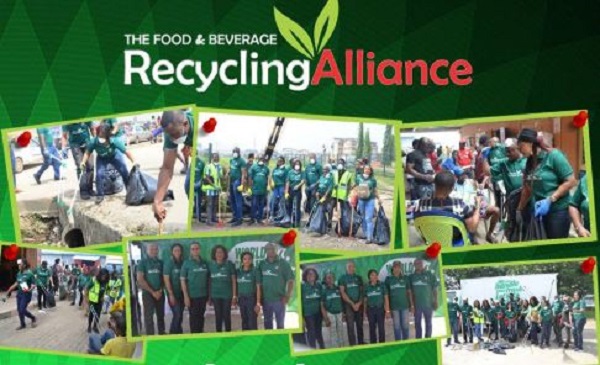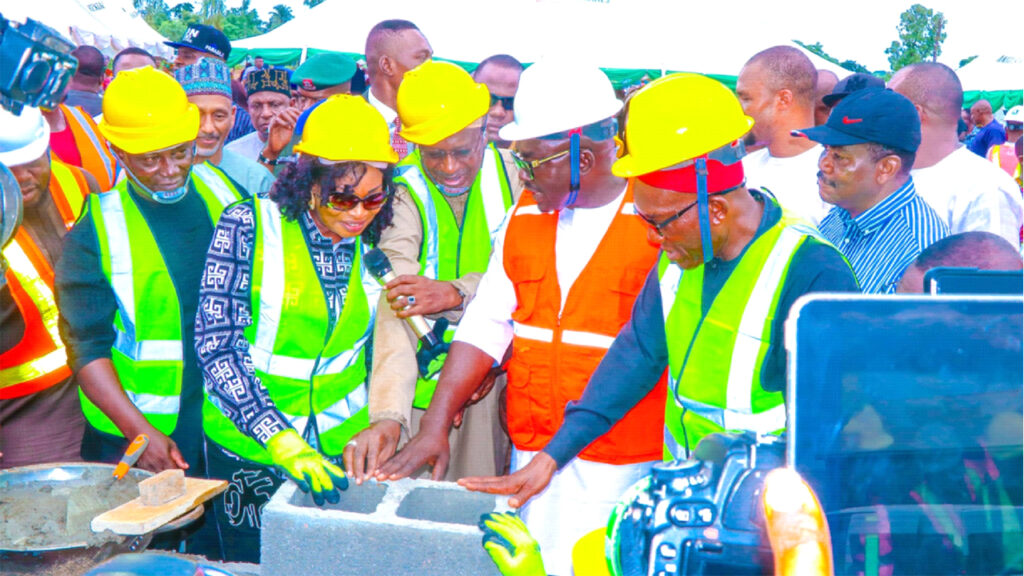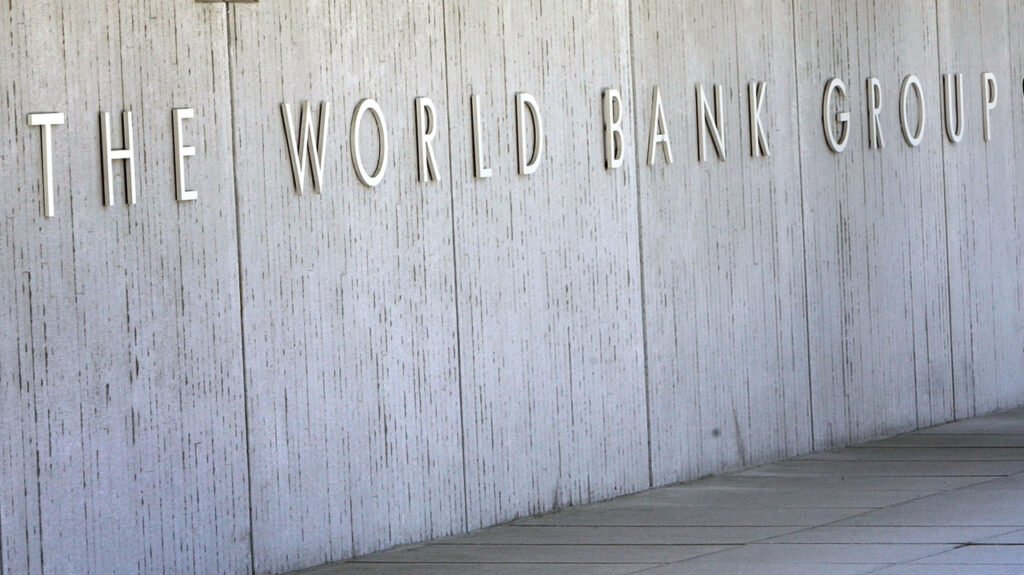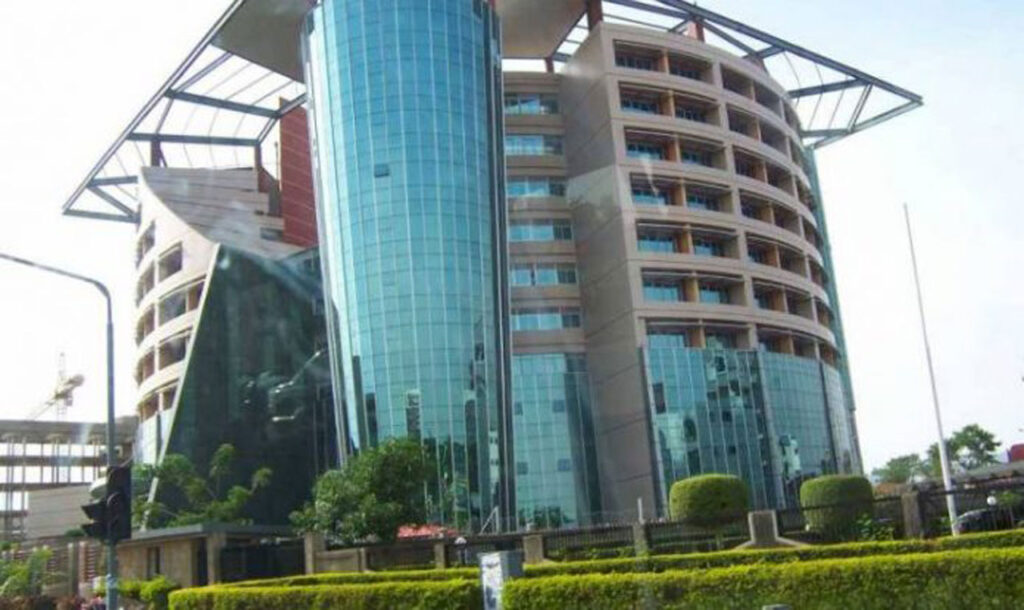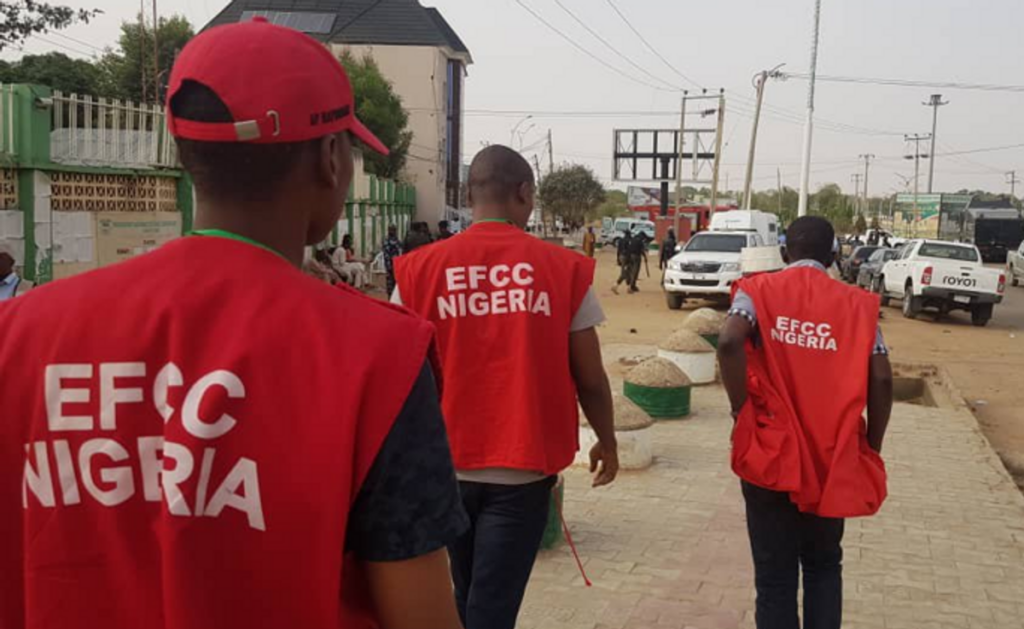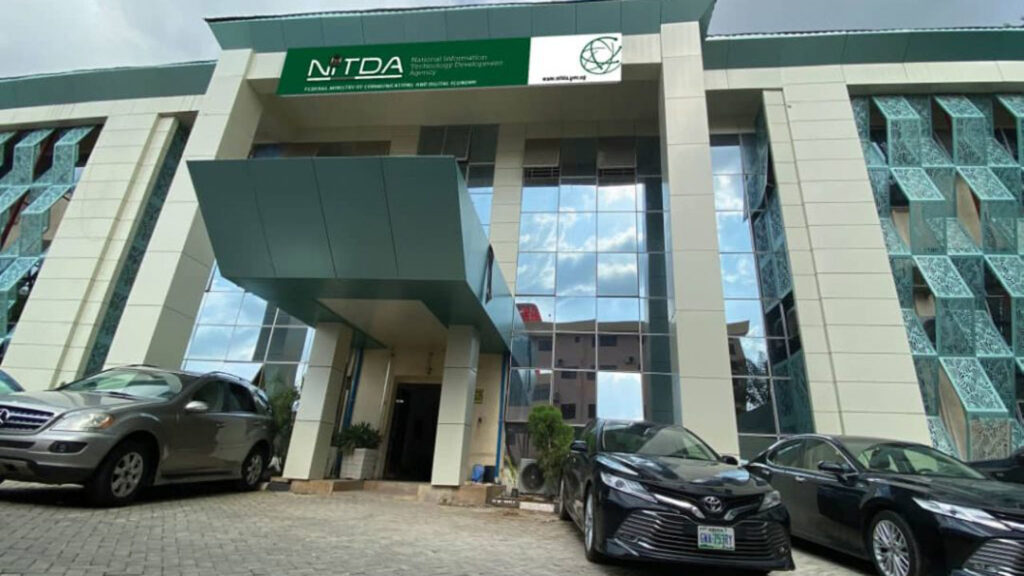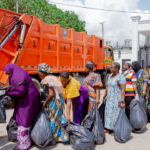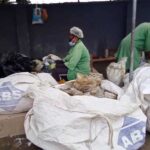To deepen sustainability conversations, the Greenpreneurs, a green economy and climate exclusive programme, in partnership with Food and Beverage Recycling Alliance (FBRA) recently gathered key industry stakeholders to discuss the importance of sustainability and circular economy.
The event featured key stakeholders from Tetra Pak West Africa, and FBRA who spoke on the challenges and solutions to the environmental sustainability in Nigeria.
Speaking on the importance of sustainability, Marketing and Portfolio Director, Tetra Pak West Africa, Clement Sunday, reiterated that it is necessary for everyone to be involved in climate change to ensure a sustainable environment for all, while also stating the organisation has increased its environmental footprint in turn doubling its collection rate.
“At Tetra Pak, we are working on building the circular economy in Nigeria and helping to close the loop. So, we are working together with our partners, first to raise awareness, to let people know that beverage cartons are recyclable.
“Tetra Paks focus is to provide access to safe and nutritious food for billions of people around the planet, in a way that protects the planet. The principles of circularity at the core of its operation with its value chain approach and partnerships driving this.”
“Circularity is a journey; it is not something one partner can do alone, so we collaborate across the entire value chain. We have partners that can recycle all beverage cartons that are being produced in the country, about 11,000 tons. Together with our biggest partner in Sub- Saharan Africa, Chivita Hollandia we are already recycling locally. Recently, we signed an investment with a new collector to increase recycling rates of beverage cartons in Nigeria.” he concluded.
The Executive Director, The Food and Beverage Recycling Alliance (FBRA), Agharese Onaghise, who focused on the environmental policy detailed FBRA’s remarkable growth since its inception in 2018. The alliance has expanded its membership from 4 PET-centric companies to 34, with a wider range of packaging materials like flexible plastics, cartons, glass, and aluminium cans. This diversification has resulted in a significant increase in collection rates across six waste streams, exceeding 75,000 metric tons of recyclables collected in total.
Onaghise said: “Most African countries have common challenges. Although, policies are in place, they are not readily implementable and are not having extensive stakeholders’ engagement, which is very critical. There is a need for policy advocacy and what that simply means is just creating awareness about aspects of the policies that we know can affect the different stakeholders in the food and beverage industry.
Also speaking at the programme, the Head Corporate Communications, Public Relations and Lead Sustainability, Nestle Nigeria Plc, Victoria Uwadoka highlighted how they are committed to promoting a circular economy for PET in Nigeria thereby increasing collection rates and creating a robust recycling setup.

